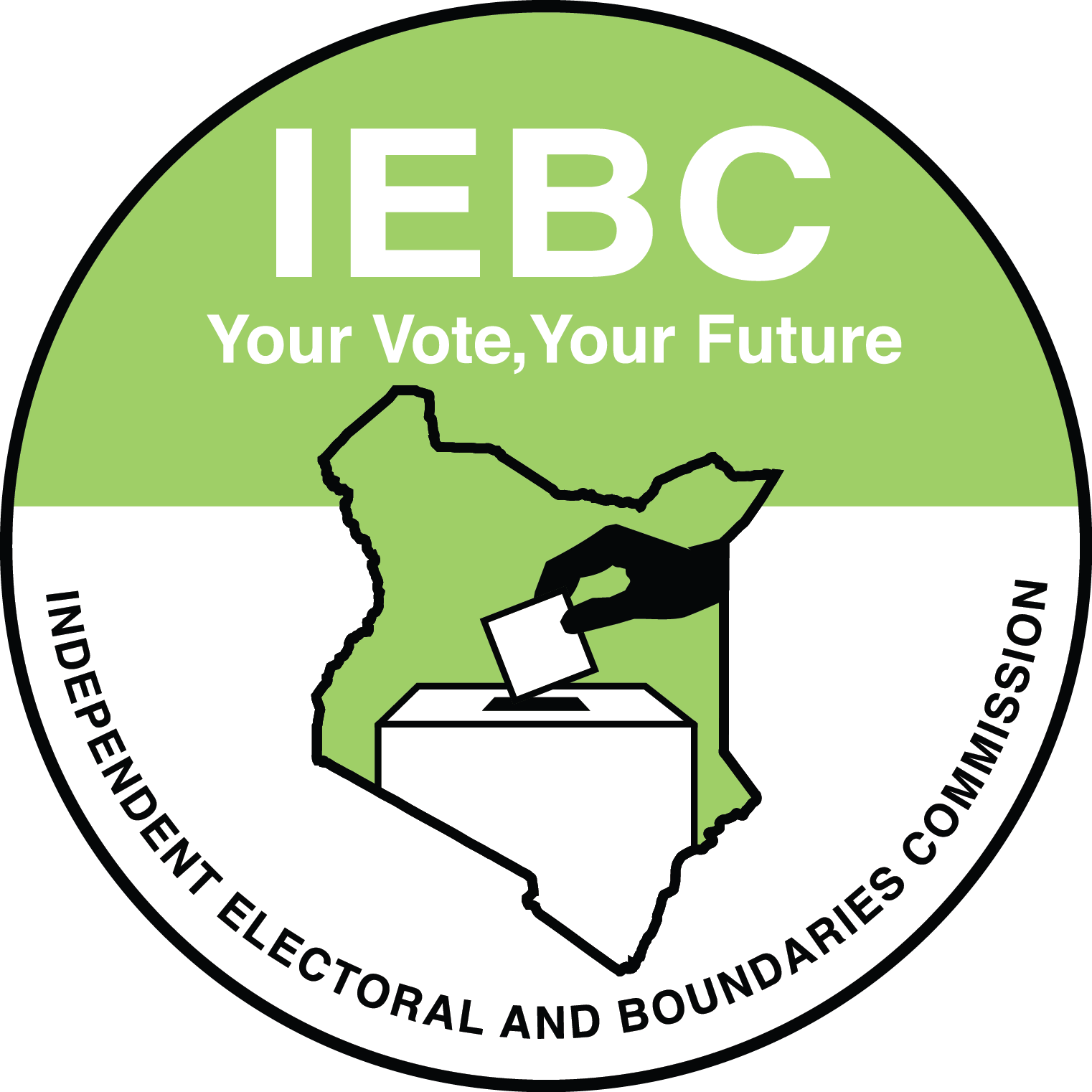
The Supreme Court has strengthened the Commission’s bid to enforce the conduct of candidates during elections by affirming that indeed the electoral body has mandate over cases arising from the breach of the Electoral Code of Conduct.
The order by the Supreme Court on 12th September 2023 conclusively dismissed two rulings by superior courts refraining the Commission from determining such matters emanating from the breach of the Code. The decision by the Supreme Court clears any dispute and contestation on whether the Commission has jurisdiction to hear such matters, following a successful battle in an appeal lodged by the electoral commission.
Further, the Supreme Court ruled that the Commission’s Electoral Code of Conduct is constitutionally sound, dismissing earlier prayers granted by the High Court and the Court of Appeal.
Jubilee Party nominated Member of National Assembly, Sabina Chege, had in the build up to the 2022 General Election challenged the Commission’s mandate to summon her before the Electoral Code of Conduct Enforcement Committee that was chaired by former Chairman Wafula Chebukati. The Commission was concerned with Chege’s utterances on a campaign trail, which prompted her summon before the Committee over misconduct.
The Commission had viewed Chege’s comments to have cast aspersions on the integrity of the General Elections 2017 and raised credibility questions on the Appellant’s capacity to deliver a free and fair election administered in an impartial, accurate and accountable manner as envisaged under Article 81(e) of the Constitution.
Dissatisfied with the Committee’s decision, Chege moved to High Court and effectively quashed the summons and statement of breach levelled against her, as well as the proceedings conducted before the Committee. The trial court determined that the Committee was unconstitutional, null and void ab initio for being in contravention of Articles 2(4), 3(1), 249 and 252 of the Constitution.
With both the High court and Appeal Court ruling in favour of Chege, the Commission moved to the Supreme Court. The Commission appealed based on five grounds; a) Whether Chege was bound by code, b) Whether the Committee had jurisdiction to summon her, c) Whether parts of the Electoral Conduct were unconstitutional, d) Whether the Commission was entitled to the reliefs sought in the appeal, and d) What remedies were appropriate under the circumstances?
“The Appeal partially succeeds to the extent that the IEBC had jurisdiction to summon, hear complaints and make findings thereon, where there is breach of the Electoral Code pursuant to Article 88 (4) (e) of the Constitution,” the Supreme Court ruled. “The Appeal also partially succeeds to the extent that the Electoral Code of Conduct is constitutionally sound.”
The Apex court noted that the Electoral Code of Conduct is designed to enable the IEBC to perform its constitutional and statutory mandate.
“The Appellant (IEBC) is empowered to enforce the Code of Conduct through the issuance of summons and conducting trial proceedings. To find otherwise would be to hamper IEBC’s constitutional mandate. This finding also answers the second issue for determination, that indeed, the Electoral Code of Conduct is constitutional.
We, therefore, cannot agree with the superior courts below that IEBC acted in excess of jurisdiction, by issuing summons to and conducting hearings, pursuant to which it meted sanctions against the Respondent. How else could IEBC conclusively resolve this matter? We are persuaded by the Appellant that it has jurisdiction to summon witnesses and to conduct hearings in relation to a complaint of breach of the Electoral Code pursuant to Article 88 (4) (e) of the Constitution in complement with Article 252 (3) of the Constitution,” the Supreme Court noted.